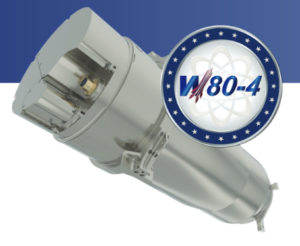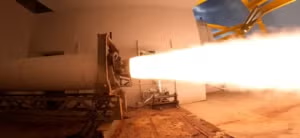
Several nuclear weapons issues, touching on life extension programs, research prohibitions and more, could come up for debate on the House floor next week when lawmakers return to Washington. After a week at home for Independence Day, lawmakers were set to resume floor votes on July 12, according to the majority leader’s calendar. Looming large is the fiscal year 2023 National Defense Authorization Act (NDAA) that by and large authorizes all the funding the Biden administration requested for the National…

 By
By 











